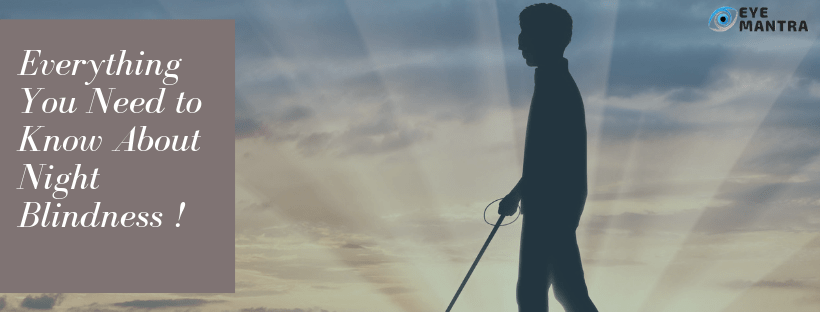Hello friends all over the world
We will be happy to explore interesting topics related to Say Goodbye to Night Blindness: The Crucial Role of Vitamin A in Eye Health. Let’s take a good look at the following information so that our insights increase and open our minds more forward.
Say Goodbye to Night Blindness: The Crucial Role of Vitamin A in Eye Health
Imagine navigating the world shrouded in darkness, struggling to make out shapes and details as night falls. For those suffering from night blindness, this is a reality they face every day. But what if we told you that the key to reclaiming your vision in low light might be as simple as getting enough vitamin A?
Vitamin A, a fat-soluble vitamin found in various foods like carrots, sweet potatoes, and spinach, plays a vital role in maintaining overall health, but its impact on eye health is particularly profound. In this article, we delve into the fascinating world of vitamin A and its crucial role in keeping your eyes clear and bright, even when the sun sets.
Understanding Night Blindness: A Signal from Your Eyes
Night blindness, medically known as nyctalopia, is a condition characterized by difficulty seeing in dim light or at night. It can range from mild, where you simply need more light to see clearly, to severe, where your vision is considerably impaired in low-light conditions.
While night blindness can be caused by various factors like eye injuries, certain diseases, and genetic conditions, a common culprit is a deficiency in vitamin A.
Vitamin A: The Visionary Nutrient
Vitamin A works behind the scenes to ensure your eyes can effectively capture and process light. It is converted into a compound called retinal, which is a vital component of rhodopsin. Rhodopsin is a light-sensitive pigment located in the rods of your retina, the light-receiving tissue at the back of your eye.
Think of rhodopsin as a tiny antenna, absorbing light and triggering signals that travel to your brain, allowing you to perceive vision. Without enough vitamin A, rhodopsin levels drop, resulting in reduced ability to see in low light.
Beyond Night Vision: The Many Benefits of Vitamin A for Your Eyes
Vitamin A’s benefits extend far beyond simply improving night vision.

Maintains Healthy Cornea: The cornea, the clear outer layer of your eye, needs vitamin A for proper structure and function. A deficiency can lead to a dry, rough, or even ulcerated cornea, impairing vision.
Promotes Eye Growth and Development: During childhood and adolescence, vitamin A is essential for healthy eye development, ensuring proper vision as your eyes grow.
Supports Tear Production: Vitamin A helps produce tears, which lubricate and protect the surface of your eyes, preventing dryness and irritation.
Eating Your Way to Clearer Vision: Foods Rich in Vitamin A
Fortunately, incorporating vitamin A into your diet is both accessible and delicious.
- Animal Sources: Liver, eggs, and dairy products are excellent sources of pre-formed vitamin A, which your body can directly absorb.
- Plant Sources: Carrots, sweet potatoes, spinach, kale, and apricots are rich in beta-carotene, a precursor to vitamin A that your body converts as needed.
Reaching for Supplements: When to Consider Additional Vitamin A
While a healthy diet should provide sufficient vitamin A, certain individuals might benefit from supplementation. These include:
Closing
Thus, we hope this article can provide you with valuable insight into Say Goodbye to Night Blindness: The Crucial Role of Vitamin A in Eye Health. We are very grateful for your attention to our articles. Don’t forget to visit this simple blog Dewa Sinyal again to read other articles about unique, cool and extraordinary information. May you all always be given: A blessed age, Physical and spiritual health, and smooth sustenance, amen.